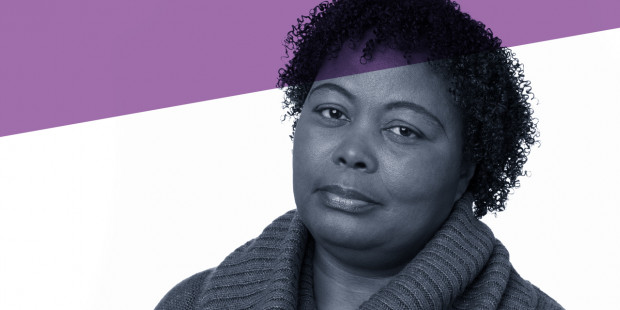
There are three types of emergency contraception: the emergency intrauterine device (IUD) and two types of emergency contraceptive pill (sometimes called the 'morning after pill' although they can be used effectively several days after sex).
Emergency contraception is not a form of abortion.
Emergency IUD
A copper IUD can be used as emergency contraception up to 120 hours (five days) after unprotected sex (sometimes even longer), as long as you’re certain that you’re not already pregnant.
An emergency IUD will prevent 99% of pregnancies.
It needs to be fitted by a specially trained nurse or doctor. They will need to ask some questions first to decide whether it’s safe to use this method of emergency contraception.
The IUD is suitable if you are on HIV treatment as it doesn’t contain any hormones.
Emergency contraceptive pills
Levonorgestrel (brands include Levonelle)
Levonorgestrel (Levonelle) is licensed to be taken up to 72 hours (three days) after having unprotected sex.
You can buy it over the counter from many pharmacies or online, or get it free from GPs and a range of clinics and NHS services. Most pharmacies will provide the morning after pill for free over the counter after a short consultation with a qualified pharmacist.
The sooner you take levonorgestrel after unprotected sex, the more effective it will be.
It's considered to be:
- 95% effective if you take it within 24 hours (1 day) of unprotected sex
- 85% effective if you take it within 25-48 hours (2 days)
- 58% effective if you take it within 49-72 hours (3 days)
If you are on HIV treatment you'll need to take twice the normal dose of levonorgestrel.
Ulipristal acetate (brands include ellaOne)
Ulipristal acetate (ellaOne) can be taken up to 120 hours (five days) after having unprotected sex, and it’s 98% effective.
You can buy it over the counter from many pharmacies(or get it for free at many pharmacies), or get it free from GPs and a range of clinics and NHS services.
Ulipristal acetate is not suitable if you are on HIV treatment because of interactions with HIV drugs.
Advantages of emergency contraception
- The emergency contraceptive pill is easy to take, can be taken by most people and is quite easy to get hold of because it can be prescribed for free by any doctor and many nurses and pharmacists.
- It does not have any long-term side effects and is very safe.
- There are no known effects on babies if they are born after emergency contraception has failed.
- The emergency IUD can be left in place as a permanent method of contraception for 5 to 10 years, depending on what kind of coil is used.
Disadvantages of emergency contraception
- It’s not as effective as regular contraception. Taking it doesn’t guarantee that you won't get pregnant.
- It doesn’t provide any protection against sexually transmitted infections, including HIV.
- Taking the pill may cause some irregular bleeding or disrupt the periods, causing them to come earlier or later than expected. This is more likely to happen when it’s taken more than once.
- The IUD needs to be inserted by a specially trained doctor or nurse and so is not easily accessible.
- It can be painful when it's put in and there’s a small chance of developing an infection.
Where to get it
Emergency contraceptive pills are available free from many pharmacists, GPs, sexual health clinics, young person’s clinics, some genitourinary medicine (GUM) clinics, NHS walk-in centres, NHS minor injuries units or hospital emergency departments. Some schools may also be able to provide it via the school nurse.
You can buy an emergency contraceptive pill from pharmacies if you are over 16. Prices range from £13.49 to £35 on the high street.
Pills can be bought online before you need them. It’s a good idea to get advice from a doctor or nurse about getting advance emergency contraception.
Some pharmacies will provide it free to young people under 19.
Things to bear in mind
Taking the emergency contraceptive pill does not provide you with protection if you have any more unprotected sex afterwards.
It’s not something you should use in place of regular contraception because it’s not as effective in preventing pregnancy.







